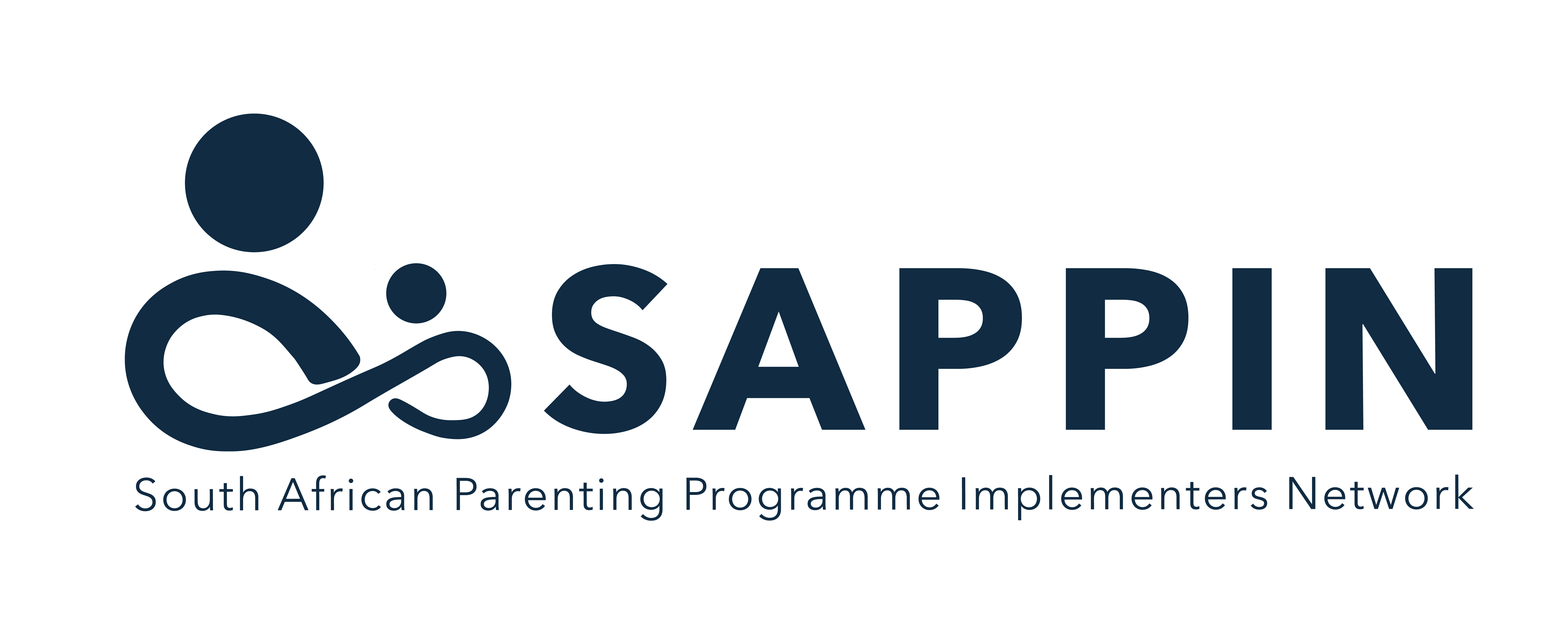

In October, SAPPIN successfully hosted its second annual Families Indaba. Delegates were immersed in action-oriented proposals aimed at tackling how best to support families to impact social change.
Two days of deep conversation and networking brought about several key initiatives for SAPPIN to focus on in 2024. These include:
The Indaba also called for a reconceptualization of social change, seeking to empower parents and communities as the primary agents of positive transformation. Prevention and early intervention, especially within the first 1000 days of a child's life, were emphasised as a critical space for impactful work.
The full report can be viewed here
The 3rd Annual Indaba is planned for 1st and 2nd October 2024 in Johannesburg.